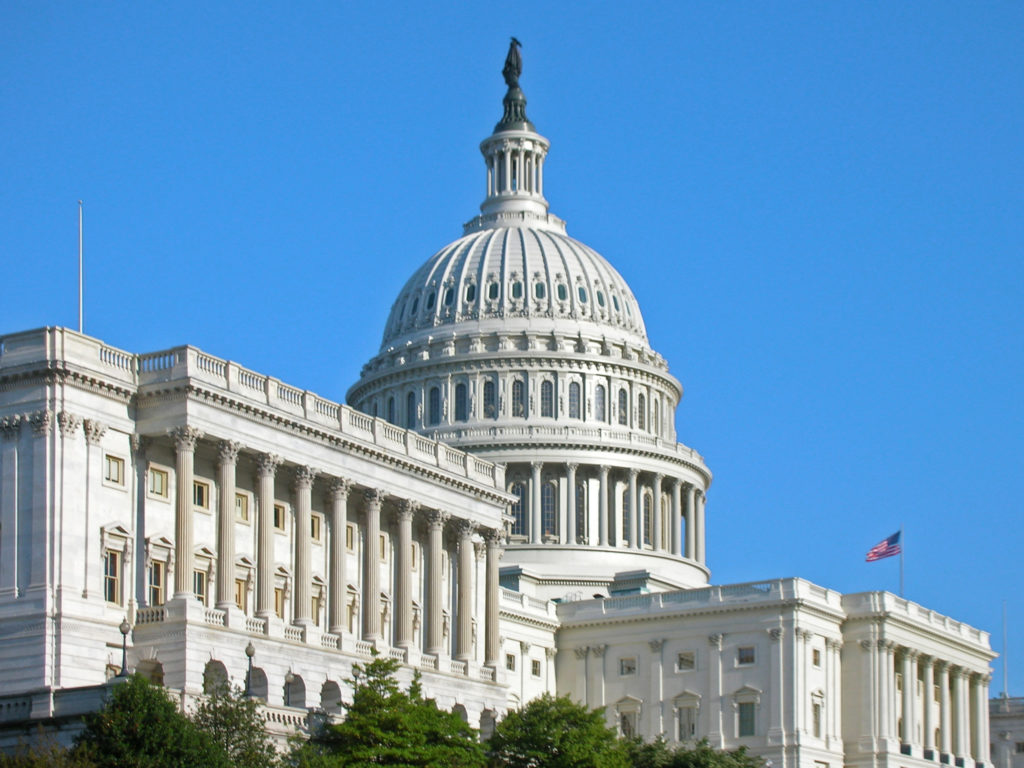
This post looks at the spending approved unanimously on September 26 by the Senate Appropriations Committee for trade agencies for the next fiscal year. It also examines the Committee’s instructions to the administration in a report accompanying the legislation on several key trade issues. They include the failure of the Commerce Department to publish its report on auto imports and the president’s threats to withdraw from the North American Free Trade Agreement (NAFTA).
The Committee approved spending for U.S. trade agencies for FY 2020 in the Commerce, Justice, Science, and Related Agencies Appropriations Act, 2020, as follows:
- U.S. Trade Representative (USTR): $54 million, including $15 million for trade enforcement; an increase of only $1 million above the FY 2019 enacted level.
- International Trade Commission: $99,400,000; $4.4 million more than the FY 2019 level.
- Department of Commerce, International Trade Administration: $521 million; an increase of $26 million above the FY 2019 level.
The Committee provided the same level of funding as in FY 2019 for Commerce's Bureau of Industry and Security for contractors' support of the product exclusion process for goods covered by tariffs imposed under Section 232 of the Trade Expansion Act of 1962. The Committee also encouraged the Commerce Department “to continue negotiations with international trading partners to lift the existing section 232 tariffs and avoid implementing additional tariffs.”
With regard to Commerce's investigation of imports of autos and automotive parts under Section 232, the Committee directed the Department "to immediately publish" its report. It pointed out that the Section 232 statute required the non-confidential parts of the report to be published in the Federal Register “at the same time” as it was transmitted to the president (on February 17).
President Trump determined on May 17 that imports of autos and auto parts threaten the national security but deferred action for six months (until mid-November). Given the skepticism surrounding the basis for that determination, publication of the report is essential. It does not appear that Commerce has published any of its 232 reports (on steel, aluminum, uranium).
The Committee also weighed in on the question of whether the president has the authority to withdraw from NAFTA. It pointed out that there is no provision in NAFTA or its implementing legislation that authorizes the president to withdraw from that Agreement “without the prior enactment of an act of Congress, or a joint resolution directing the President to issue a withdrawal.” This comment addresses concerns that if the Congress does not approve the U.S.-Mexico-Canada Agreement as NAFTA’s replacement, the president might try to withdraw from NAFTA, as he has threatened repeatedly.
On the tariffs the president has imposed on China under Section 301 of the Trade Act of 1974, the Committee directed USTR to establish an exclusion process for any further tariffs imposed on goods from China to allow U.S. businesses to request exclusion from the tariffs. Currently, USTR has set up exclusion processes for the tariffs on $250 billion of Chinese imports, but not for the 15% tariff imposed on $112 billion of Chinese imports on September 1 or the roughly $160 billion of Chinese goods that will be subject to a 15% tariff on December 15.
The Committee expressed concern that retaliation in response to trade actions has decreased access for U.S. agricultural products in foreign markets. It urged USTR and Commerce to “consider the impact foreign tariffs and other retaliatory actions have on U.S. farmers and ranchers when negotiating with trade partners and in making trade related decisions.”
The legislation also provides, with no obvious explanation, that its funds cannot be used “to include in any new bilateral or multilateral trade agreement” specific patent provisions from three free trade agreements (FTAs): the U.S.-Singapore FTA, article 16.7, para. 2; the U.S.-Australia FTA, article 17.9, para. 4 or the U.S.-Morocco FTA, article 15.9, para. 4.
The Committee’s spending bill will now go to the full Senate for action.
Jean Heilman Grier
October 2, 2019
Related Posts

